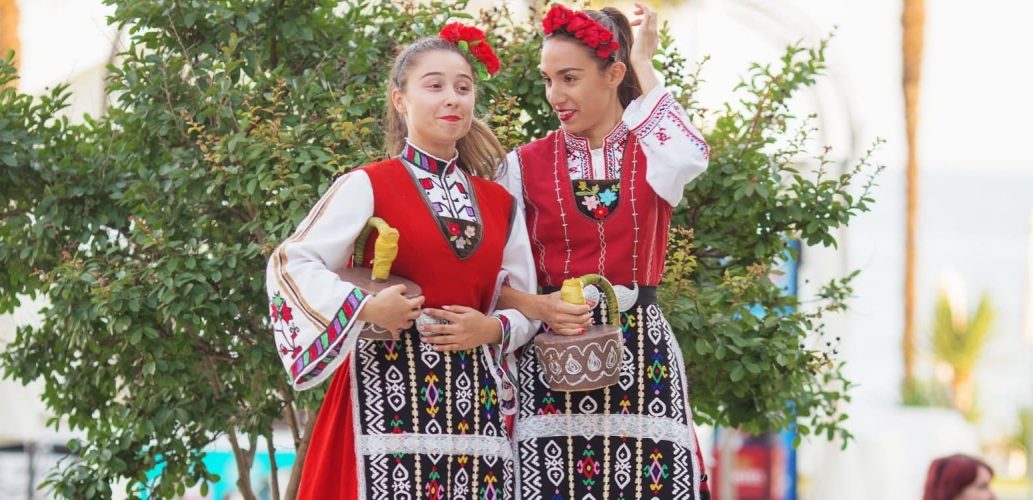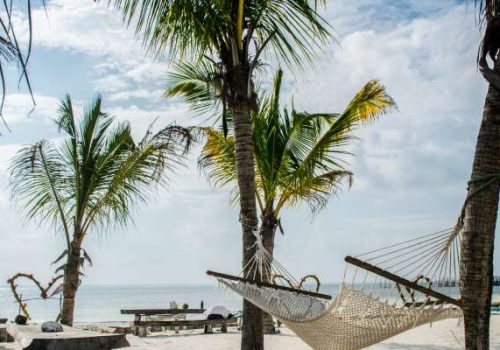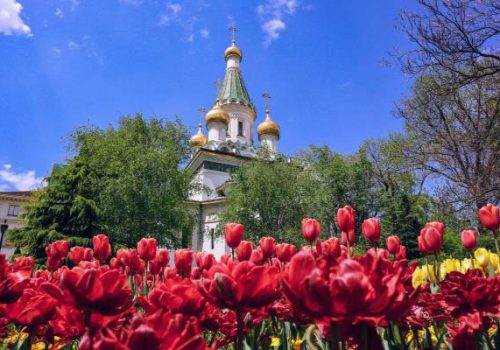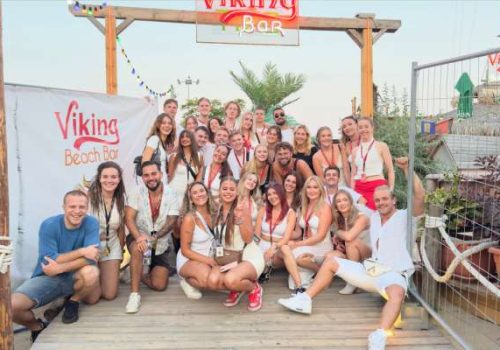Discovering Bulgarian Festivals and Traditions
Moving abroad isn’t just about starting a new job—it’s also about embracing a new culture. If you’re heading to Bulgaria, get ready for a vibrant experience full of fascinating customs and traditions, some of which might seem surprising at first!
Our latest job openings in Bulgaria
- Marketing
- Bulgaria
- Marketing
- Bulgaria
- Customer support
- Bulgaria
- Adventure jobs, Hotel jobs, Tourism
- Bulgaria, Croatia, Egypt, Greece, Italy, Spain, Turkey
Winter Wonders: The Kukeri Festival One of the most captivating Bulgarian traditions is the Kukeri festival, celebrated during the early weeks of January. Picture this: groups of men dressed in elaborate costumes, complete with animal masks, horns, and bells, parade through villages and towns, making loud noises to scare away evil spirits. This vibrant, carnival-like event symbolizes protection, ensuring prosperity, good health, and a plentiful harvest for the upcoming year.
The Mystique of the Number 40 In Bulgaria, the number 40 carries a mystical significance. According to local folklore, the human soul wanders between heaven and earth for forty days after birth, deciding its fate. Consequently, celebrating your fortieth birthday in Bulgaria is considered unlucky, and most locals prefer to skip this milestone entirely!
Welcoming Spring: Baba Marta Day Spring in Bulgaria kicks off with a charming tradition on March 1st called Baba Marta Day. Friends and family exchange handmade pendants, known as “Martenitsi,” made from red and white threads. These lovely tokens symbolize good health, strength, and longevity—red representing vitality and white symbolizing purity and longevity.
Traditional Music and Dance Bulgaria’s rich cultural heritage is vividly expressed through traditional music, dance, and costumes, especially during festivals and national holidays. Whether you’re attending a local celebration or simply exploring the country, expect lively folk dances and vibrant costumes that beautifully capture Bulgaria’s spirit.
Insider Tip: Remember, body language can differ from culture to culture! In Bulgaria, shaking your head means “yes,” while nodding means “no.” Keep this in mind to avoid amusing (and confusing!) misunderstandings.
Embrace these traditions, and you’ll quickly feel at home living and working in Bulgaria, discovering the unique charm and warmth of its cultural life.









